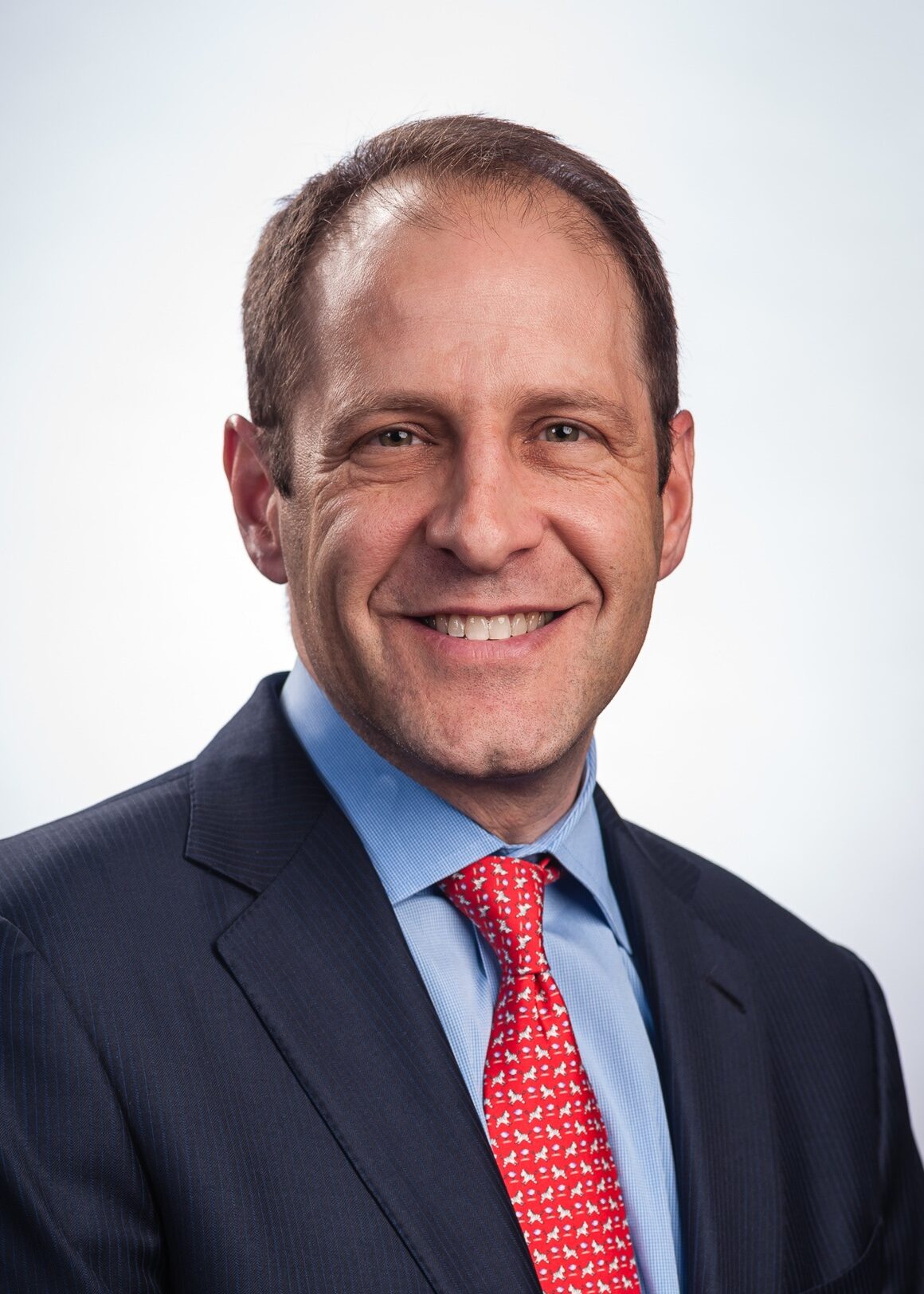Stephen D. Wiviott, MD, FACC is a graduate of University of Pennsylvania (BA, Magna cum Laude) and Harvard Medical School (HMS, MD with Honors). He served as a medicine resident and Chief Medical Resident at Brigham and Women’s Hospital (BWH) and a cardiology fellow at Johns Hopkins Hospital. He is Professor of Medicine at HMS and a Senior Investigator with the TIMI study group. He attends on the general cardiology service at BWH. Dr. Wiviott serves as Vice President for Clinical Trials Research and Administration for Mass General Brigham and leads the MGB Clinical Trials Office tasked with supporting and growing clinical trials research at MGB. At any given time, MGB has approximately 2000 active industry sponsored clinical trials with a yearly revenue of greater than $140 million.
As an investigator, Dr. Wiviott has played important roles in the planning, implementation, leadership, and interpretation of multicenter, national, and international clinical trials in acute coronary syndromes and coronary interventions including the TRITON-TIMI 38 trial, PRINCIPLE-TIMI 44 and of the TIMI 38 Coronary Stent Registry. He has also served in leadership of trials of primary and secondary prevention of cardiovascular disease as global PI of DECLARE – TIMI 58, CAMELLIA – TIMI 61, and DAPA ACT HF – TIMI 68 assessing CV safety and efficacy of metabolic therapies. He is the Chairman of the TIMI Clinical Events Committee and recognized as an expert in event definitions and adjudications. Dr. Wiviott is an author of over 250 peer-reviewed publications in major medical and cardiovascular journals including 15 original articles in the New England Journal of Medicine. He was named in 2014 and 2017 by Thomson Reuters and Clarivate Analytics as one of “The World’s Most Influential Scientific Minds” and in 2016-2021 as a “Highly Cited Researcher,” recognitions inclusive of the top 1% of researchers in Clinical Medicine by citation; his work has been cited more than 75,000 times.


